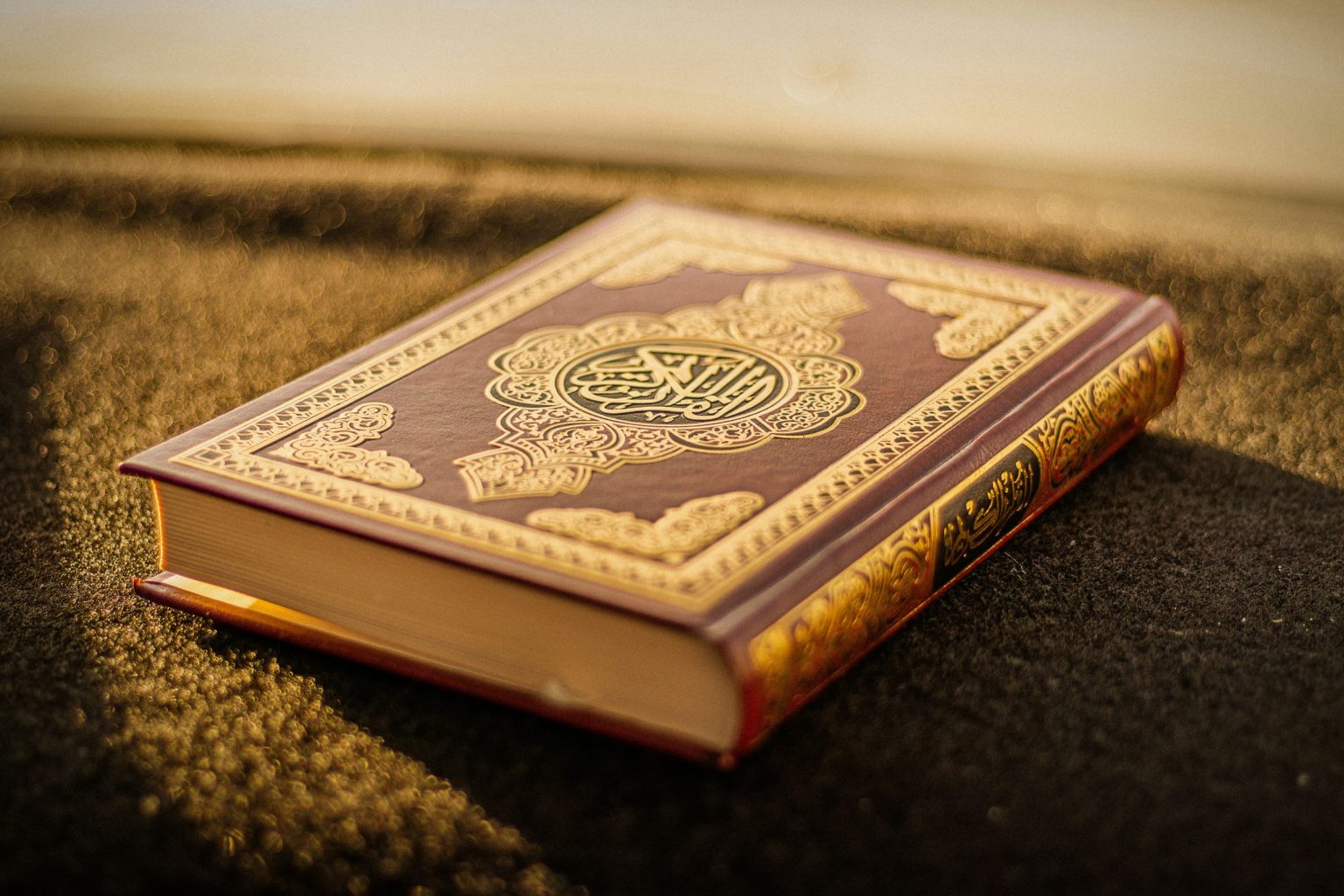A research project entitled “Muslims in Soviet Lithuania” has been launched at the Vytautas Kavolis Transdisciplinary Research Institute at Vytautas Magnus University (VMU). The study, which is set to run for three years, is led by Prof. Egdūnas Račius, an internationally renowned expert in Islamic studies and religious studies. It is funded by the Research Council of Lithuania (contract no. S-LISm-25-24).
Muslim Life and Religiosity in Soviet Lithuania
In Lithuania, Latvia, Estonia and other post-Soviet republics, Muslim immigration is largely viewed as part of the broader post-Soviet migration trend. Research mentions the Muslim religious minority belonging to various ethnic groups and practising different Islamic traditions that emerged during the Soviet era, but little is known about them. Building on several years of research into Muslim minorities and religiosity during the Soviet era, this study will examine the diverse Muslim minority in Lithuania and their religiosity during this period.
The study will address the following questions: What was immigration from Soviet Russia and the Muslim-majority Soviet republics like, and what characteristics did immigrants have? What was the religiosity of Muslims in Soviet Lithuania in terms of their practices, beliefs and identity, and how did this relate to their ethnic and cultural identities? What ties did immigrants maintain with their countries of origin, and how did they relate to Catholicism as the majority religion and other religious communities? How did Muslim immigrants and local Muslims (Tatars) interact with each other? What impact did Soviet migration, modernity and religious and cultural policies have on Muslims in Soviet Lithuania as a religious and ethnic minority?
Expanding Knowledge of Ethnic-Religious Groups in Soviet Lithuania
This study aims to address a significant knowledge gap concerning ethnic and religious groups in Soviet-era Lithuania, focusing on their religiosity. It will improve our understanding of Muslim religiosity, religious minorities, the interaction between religion and migration, and the characteristics and formation of religious diversity in Lithuania during the Soviet era. The study will also reveal the multifaceted impact of the Soviet Union on religiosity in Lithuania and other former Soviet republics. The results of this project will educate the public about Lithuania’s ethnic and religious diversity, and contribute to increasing ethnic and religious tolerance.
Project Research Team
Project leader Dr. Egdūnas Račius is a researcher at the Vytautas Kavolis Transdisciplinary Research Institute and a professor in the Department of Regional Studies, both at Vytautas Magnus University. He is an Islamic and religious studies expert. His research focuses on European Muslim communities, Muslim revivalist movements, and socio-political processes in the Middle East and Eastern Europe. Dr. Račius has spent many years studying Islamic countries and Muslim communities in Europe and regularly organises international research projects on these topics.
The project also involves Dr. Eglė Aleknaitė-Škarubskė, a researcher at the Vytautas Kavolis Transdisciplinary Research Institute who specialises in the study of religion, gender, migration, identity and heritage policy in Soviet and post-Soviet Lithuania. She has published articles on these subjects in international academic journals and is actively involved in research examining the role of religion in contemporary society. Dr. Aleknaitė-Škarubskė has published articles on these topics in international scientific publications and is actively involved in research examining the place of religion in contemporary society.
Gintarė Lukoševičiūtė, meanwhile, is a doctoral student in the Department of Ethnology and Anthropology at the Lithuanian Institute of History. She is interested in Muslim communities in Lithuania and Poland, the migration of Muslims to these countries, and Muslim diaspora communities in Europe.
Nuotrauka: Unsplash


